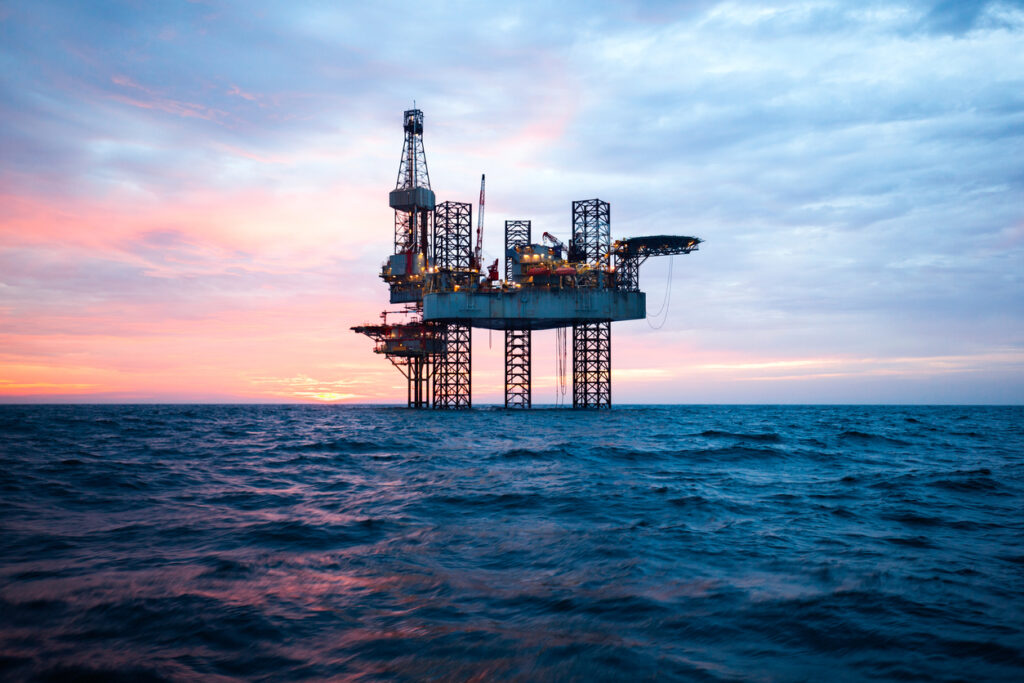The Dangers of Working on an Oil Rig in Colorado

Oil rigs, which dot the landscape of Colorado, are massive structures where workers extract oil and natural gas from deep within the earth. These towering machines are a pivotal part of the energy industry, providing essential resources that power our homes, cars, and industries. However, despite their importance, working on an oil rig is one of the most dangerous jobs in the United States, as accidents in oil and gas oilfields, plants, and refineries are very common.
Physical Environment and Weather Hazards
The harsh physical environment is one of the most obvious dangers of working on an oil rig. Oil rigs are often located in remote areas, far from cities or hospitals. The rigs are exposed to the elements, making workers vulnerable to extreme weather conditions such as high winds, thunderstorms, and even blizzards during Colorado’s harsh winters. The extreme weather makes rig operations more challenging and increases the risk of accidents.
Imagine working 12-hour shifts, tired, and then facing a sudden snowstorm. The slippery conditions can easily lead to slips and falls, one of the most common types of accidents on rigs. Workers must always be vigilant, wearing appropriate gear and following safety protocols to avoid injuries caused by the weather.
Heavy Machinery and Equipment
Oil rigs involve heavy machinery like cranes, pumps, and drill floors. Handling this equipment safely requires extensive training and experience. Workers may misuse the machinery and refrain from using open training, leading to severe harm like crushing injuries or amputations. The fast-paced environment and complex operations increase the likelihood of human error, which can have disastrous consequences.
Equipment failure can also cause life-threatening situations. For example, a malfunctioning drill can lead to blowouts, which occur when high-pressure oil or gas uncontrollably escapes from the well. These severe incidents can cause explosions and fires, putting everyone on the rig in immediate danger.
Chemical Exposure
Working on an oil rig also means exposure to various chemicals and gasses. Some of these substances, like hydrogen sulfide, are extremely dangerous. This particular gas can be found in crude and natural gas; even a small concentration can be deadly if inhaled. Workers must use gas detection systems and protective gear to safeguard against inhalation.
Furthermore, oil spills can lead to contact with toxic substances, which can cause long-term health issues, including respiratory problems and skin irritations. Therefore, chemical safety training is crucial in helping workers understand the risks and the precautions they must adopt.
Fires and Explosions
Oil rigs are inherently explosive environments because they constantly handle oil and natural gas, which are both highly combustible materials. A single spark from equipment or an electrical device can ignite these materials, causing devastating fires and explosions. Such incidents can result in catastrophic injuries or even fatalities.
Rigs have fire suppression systems and emergency protocols to mitigate these risks. However, workers must stay informed about these systems and be prepared to act swiftly should an incident occur. Regular fire drills and safety exercises contribute to minimizing the impact of potential fires and explosions.
Mental Stress and Fatigue
Beyond physical dangers, working on an oil rig can take a significant mental toll due to long, demanding hours. Workers often live on-site for weeks, away from family and social support. Such isolation can lead to feelings of loneliness, anxiety, or depression.
Long shifts also contribute to fatigue, impairing judgment and reaction times and increasing the risk of accidents. Employers must ensure that workers have adequate rest periods and access to mental health resources to mitigate these risks.
Contact an Experienced Colorado Personal Injury Lawyer For Legal Help After an Oil Rig Accident
While oil rigs play an essential role in powering our world, they present significant hazards to the workers who operate them. The combination of harsh weather, heavy machinery, chemical exposure, fire risks, and mental strain make this one of the most dangerous occupational environments. Therefore, rigorous safety protocols, continuous training, and adequate support systems are vital in protecting the lives of those working on oil rigs in Colorado.
If you or a loved one has been injured while working on an oil rig, having the proper legal representation is crucial to help navigate the complex landscape of personal injury claims. Our experienced team is dedicated to protecting your rights and securing the compensation you deserve for your hardships. Contact us today to discuss your situation and move towards a safer, more secure future.
Contact our Denver Personal Injury Attorneys at Zaner Law Personal Injury Lawyers at (720) 613 9706
For more information, please contact the Denver personal injury lawyers at Zaner Law Personal Injury Lawyers to schedule a free initial consultation with a personal injury lawyer.
We are located in Denver, CO, and proudly serve all of Denver County.
Zaner Law Personal Injury Lawyers
1610 Wynkoop Street, Suite 120.
Denver, CO 80202
(720) 613 9706
Find us with our Geocoordinates: 39.75208145814397, -105.00017355026108
About The Author

Kurt Zaner has earned national recognition for his innovative legal strategies, securing some of the largest verdicts in Colorado. He assists injured clients in Denver with personal injury cases, including car accidents, truck accidents, wrongful death, motorcycle accidents, and more. Click here to view some of the fantastic case results that Zaner Law has successfully handled.
Location: Denver, CO


